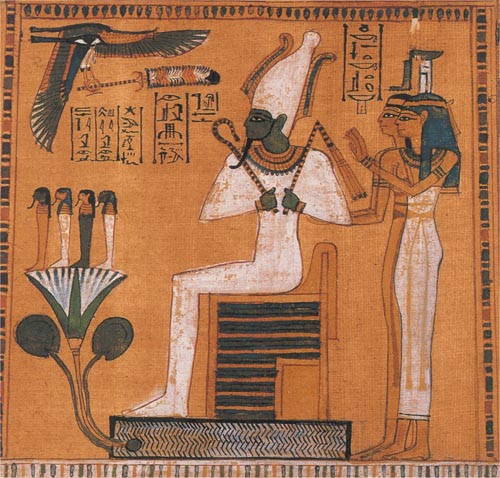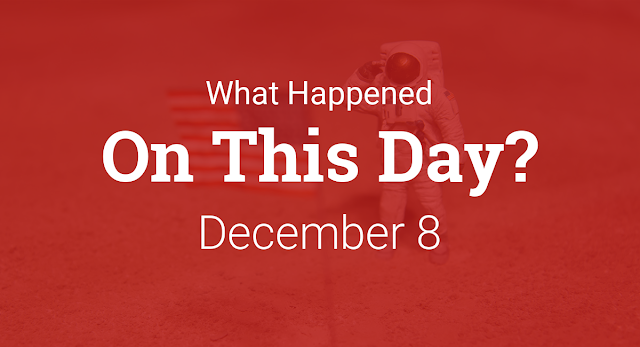Ancient Egyptian Gods
In History, there are Ancient gods of the underworld and the afterlife. Egypt in particular is a home to some Ancient gods. This post will focus on Egyptian gods Mythologies.
Set
This God was known to be aggressive, he dismembered Osiris and thus he often as possible fought with Osiris, his child Horus giving rise to one of the classic tales of Egyptian mythology. At last, Set complemented Horus' rule of the arable land by assuming responsibility for Egyptian deserts. He has been criticized for his conspiring ways either inside his own family hierarchy or by attempting to allure Horus for more power. In the end the Red Desert belonged to Set.
 |
| God of Chaos Set |
Horus
This God assumes a significant role in the Osiris myth regarded as God of hunting, war and the sky. He wore various hats on his falcon head and the Egyptian Pharaohs were known to be the human embodiment of him. With regards to his lasting heritage in the contemporary world there is "The Great Sphinx" which is some times considered as the aspect of Horus representing the Rising Sun with different types of Horus emerging throughout history. He is for the most part viewed as a sun oriented god as well as the child of Osiris and Isis which places him as an rival to Set.
 |
| Horus leading a King to the afterlife |
Anubis
His name goes back to the Old Kingdom of roughly 2600 BC where he was portrayed, cited to by Plutarch as the adopted child of Isis. Anubis offered protection for those in the afterlife typically showing up with a canine head. In essence, this God had a definitive state regarding whether the dead could arrive at the underworld. At times he gauged the soul and guiding them along to eternal fate perceived in art as both a jackal and wolf. Anubis is firmly connected to the embalming and mummification process.
 |
| Anubis |
Osiris
Son of either Gab or Ra which is dependent on the source. He was the partner of Isis and the father of Horus, this is the focal point of the Assyrian myth. Osiris met his end at the hands of his own brother just to be reassembled by Isis to bring forth Horus. This cycle of events prompted Osiris becoming the god of the dead meeting Pharaohs after their downfall and guiding them through a journey of spells and challenges. It is believed that this God ended the act of cannibalism, restoring life to the Egyptians and changing them to an existence of agriculture.
 |
| Osiris and Isis |
Ra
Often referenced as the defining God of the Egyptian religion. This sun deity held extraordinary influence by the fifth dynasty in fact the popular valley of the King is referred to as a portrayal of Ra's beams of sunlight and as the alleged father of the divine beings. He eventually converged into the deity known as Amun depicted in art through his relationships with Horus and Osiris. This god of the sun underworld and even the universe made an appearance of sorts in Steven Spielberg's Raiders of the Lost Ark which is one of the numerous reasons we remember him today.
 |
| Depiction of Ra |
Amun
Known as the hidden one, he looked after the city of Thebes around the 21st century BC and as the creator of himself as well as everything. From there on, his earthly extension would turn into a moon rock which was the result of the sun god converging with an invisible deity that the Greeks related with Zeus himself. Amun held a commanding presence over everyday existences of Egyptians giving a feeling of quiet and individual importance to their earthly and underworld practices. He is and consistently will be the defining presence of Egyptian Gods and Goddesses.
 |
Depiction of Amun in a relief at Karnak (15th century BC) |
Do you agree with our list? Who do you think is the ultimate God? For more historic content published every week be sure to subscribe to Historical Diaries.



Comments
Post a Comment